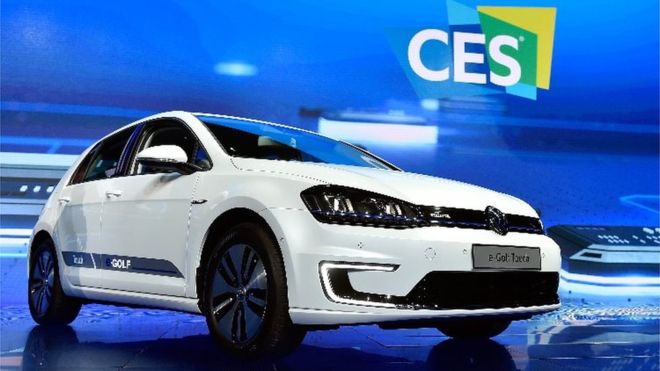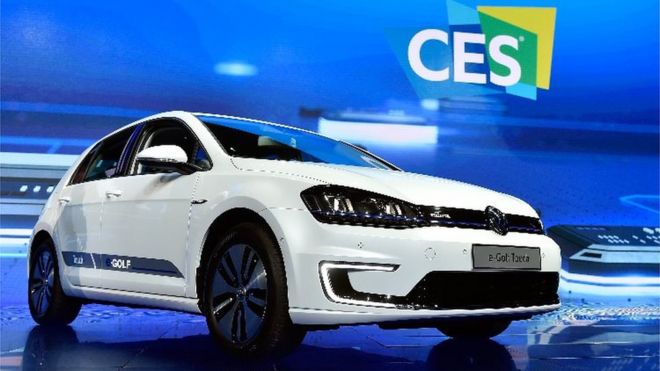
It marks the third call-back of electric cars over recent weeks.
Earlier this month, Nissan revealed it needed to reprogramme the software that controls its Leaf vehicles’ brakes. Days later, Renault said it needed to check and replace faulty brake hoses on its Zoe cars.
The problems appear to be unrelated.
But one expert suggested that the fact that the technology involved in electric cars was both new and complex made the announcements unsurprising.
“The Volkswagen recall is more serious than the others, but even so I wouldn’t say there’s a fundamental problem,” said Jay Nagley , managing director of the Redspy auto consultancy.
“Yes there are teething troubles, but the great thing about electric cars is they don’t catch fire – they are the only product I know of, fitted with lithium-ion batteries, for which that is the case.”
Crash risk
Details of the VW recall were posted online by the US’s National Highway Traffic Safety Administration (NHTSA).

It said there had been complaints of vehicles stalling unexpectedly, which could “increase the risk of a crash”.
The documents state that the German manufacturer had acknowledged that its cars’ battery management system could “inadvertently classify a brief internal electrical current surge/peak as a critical battery condition”.
The result, it said, was that the battery shut down, which in turn deactivated the motor.
The e-Golf first went on sale in the US in late 2014, and the callback involves all 5,561 of the vehicles shipped to the country, including 157 that are as yet unsold.
The fix involves installing an update to the cars’ battery management software, so that its diagnostic check becomes “less sensitive”.
A spokesman for the firm was unable to say if it had plans to ask customers in other parts of the world to bring their cars in for the same fix.
Brake bug
Nissan’s fault was reported by the same US agency.

The NHTSA said that during cold temperatures, a part used in the Nissan Leaf’s electronic brake booster could freeze, requiring more effort to bring the vehicles to a halt.
“Longer distances or additional brake effort would be required to stop the vehicle, increasing the risk of a crash,” said its report.
The Japanese firm had already told mechanics to address the issue via a software upgrade when the cars were brought in for a service.
But after Canada’s transport watchdog urged Nissan in February to upgrade this to a full North American recall, it complied.
“Electric cars use regenerative braking, which is pretty novel, using energy to recharge the battery from the act of braking,” commented Mr Nagley.
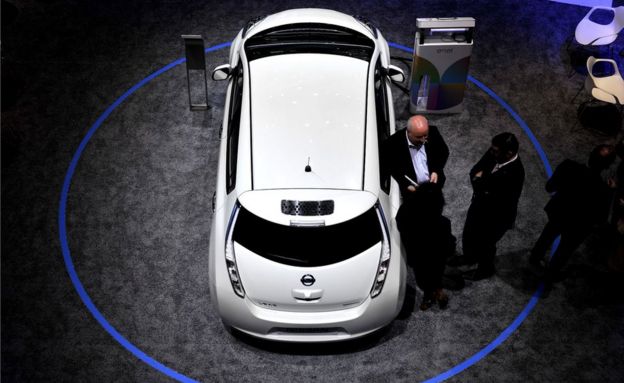
“It does make the system an awful lot more complicated than simply adding a pad to a disk.
“So, it’s not totally surprising there are problems. But the Leaf is the bestselling and longest established electric car and they have earned a pretty good reputation.”
A total of 47,538 Leaf cars – manufactured between November 2012 and July 2015 – require the new code, the vast majority of which are in the US.
Zoe check
Renault’s recall is being implemented worldwide.
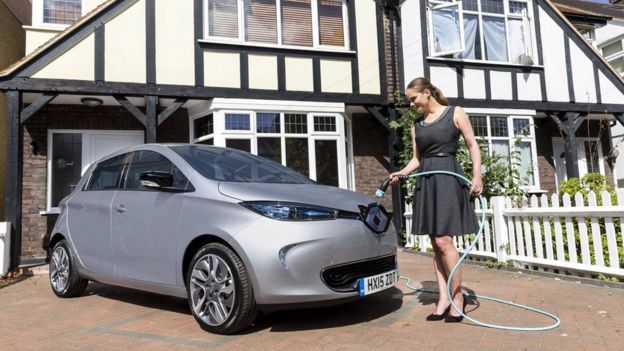
The French firm said on 24 March that it needed to check the position of the Zoe’s brake fluid hose to ensure it would not be damaged by coming into contact with a part designed to protect the vehicle’s front wheel arch.
The company said it was not aware of any accidents.
The announcement affects 10,649 of the vehicles – including about 1,000 in the UK – which represents about one in four of the total number sold to date.
Tesla launch
Attention on the electric car sector will be raised again later this week when Tesla announces its first model targeted at the mass market.
The California-based carmaker is expected to confirm its Model 3 will cost about $30,000 (£20,100).
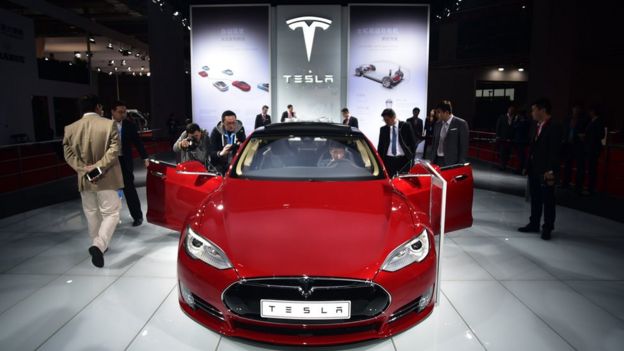
The company has largely avoided the need to ask for its cars to be taken off the roads because it can issue “over-the-air” software updates.
These have included a fix issued in 2013 to make its cars’ suspension provide more clearance over roads when travelling at high speeds.
However, the firm did recall its Model S vehicles last November to carry out a seatbelt inspection.
[Source:- BBC news]

